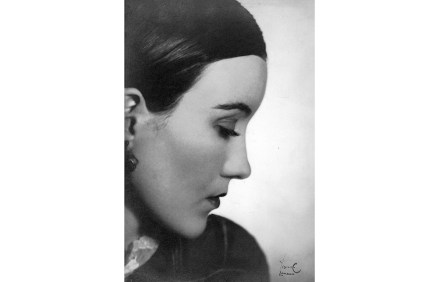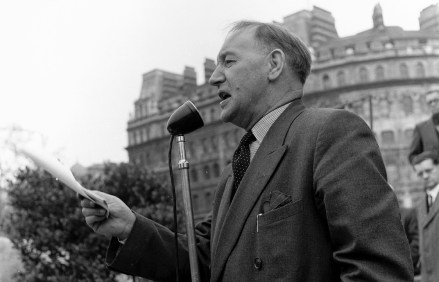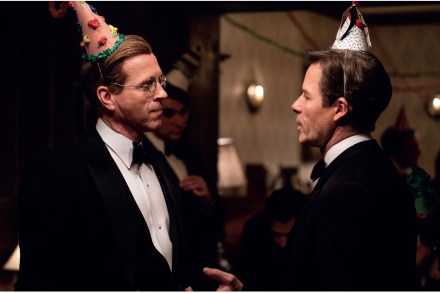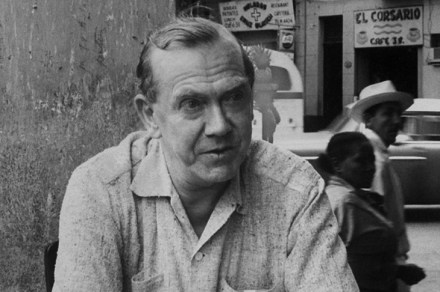The stark horror of Barbara Comyns’s fiction was all too autobiographical
Barbara Comyns’s reputation rises and falls like a Mexican wave, making her one of the most rediscovered novelists of recent times. She’s credited with anticipating Angela Carter and for being in the vanguard of tackling themes of traumatic dissociation and the realities of childbirth. Yet younger, trendier writers have regularly eclipsed her. Aged 29, Barbara was broke: a single mother who’d weathered affairs, an abortion and a suicide attempt Every fan remembers their first Comyns novel: the visceral jolt of black humour, the suckerpunch of stark horror. Knowing that she drew from life, we have longed for a biography, and hooray, it’s finally here. Avril Horner, emeritus professor of English






